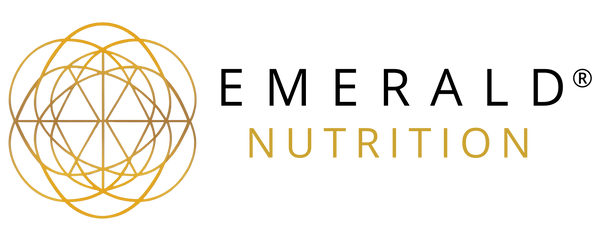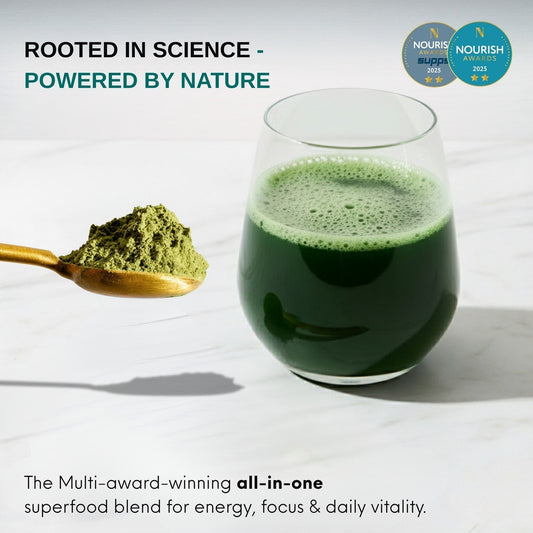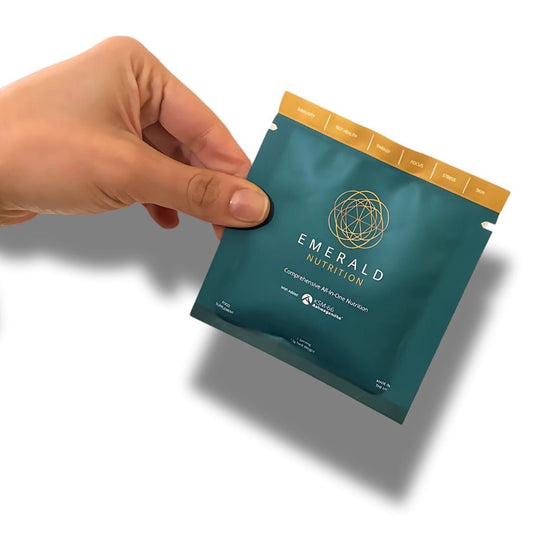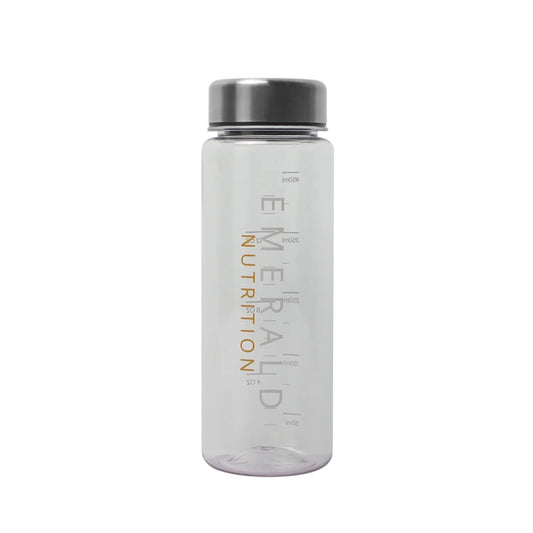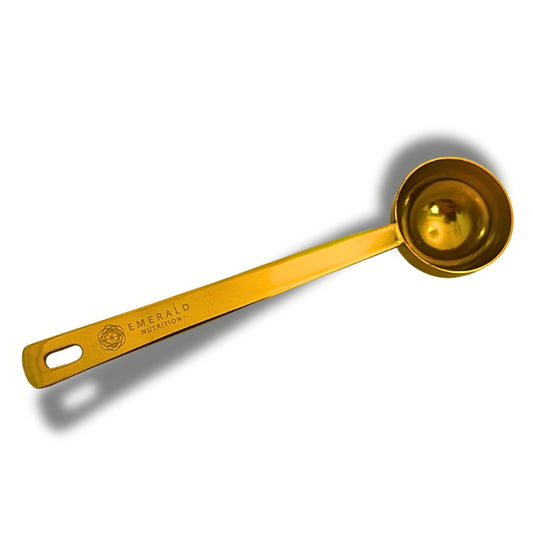
ANCIENT HOLISTIC HEALTH PRACTICES: How Traditional Diet and Supplementation Enhance Modern Wellness
Julia BloszykShare
(5 Min Read)
HOW OUR ANCESTORS HAD A PREVENTATIVE, RATHER THAN REACTIONARY MIND SET TO HEALTH AND WELLBEING
Holistic nutrition is a diet based approach which prioritises whole, unprocessed foods. Compared with conventional nutrition it not only focuses on physical but also emotional, cognitive and physiological health. Holistic nutrition is rooted deeply in history. Hippocrates (460-375 B.C.) – Greek physician and the father of Western medicine is also the author of the quote “Let food be thy medicine and medicine be thy food”, which highlights the fact that a good diet can provide all the nutrients needed to maintain health and prevent illness.
Ayurverdic plant medicine
Herbs and plants have been known and used to treat various conditions across different cultures for thousands of years. Ayurverda is a traditional herbal medicine approach originated in the Indian subcontinent more than 3,000 years ago (7th century B.C) with one of the main goals to find harmony in one’s life by reducing worries and stress, which can be achieved with meditation, movement, breath work and the use of plants and herbs as infusions, oils, and spices.
Shamanic plant medicine
The use of plants as medicine has also been a practice in Shamanism across various regions of the world - South America, Oceania, China, Tibet and Korea for over 30,000 years. One of the main ideologies of this way of living states that disease can be reverted using energy and nature. Examples of shamanistic preparations include include Ayahuasca, Wild Tobacco and Cacao ceremonies.
Ancient Chinese (Tao) – nutritional practices
One of the world’s oldest surviving philosophies or 'the way' – Chinese Tao is a way of living, originated over 5,000 years ago, focused on the synchrony of food groups, food energies, breath work and exercise on improving and balancing one’s health. Much of current knowledge on the use of plants, herbs and botanicals as herbal remedies originated from the early Taoist botonists, and was collected in the Book of Internal Medicine (3rd century B.C.). It describes how living in harmony with nature, according to seasonality, can benefit digestion, energy, libido and many other health aspects (Daniel Reid – ‘The Tao of Health, Sex and Longevity’ - Publisher: Simon & Schuster UK - May 8, 2014).
Tea (Camellia Sinensis)
China is also the country where leaf Tea drinking culture comes from. The season, cultivar, elevation, origin, picking and processing style determines the type of tea and its nutritional characteristics, especially antioxidant and digestive profiles. Green and or Matcha Green Tea (finely ground powder of specially grown and processed green tea leaves that actually originated in China and latter became popularised in Japanese culture) is known for its many health benefits, which includes antioxidant, metabolism and detoxification. This again illustrates that our ancestors had a profound understanding of nutrition and it’s link to health benefits; not general but individual to each seed.
Supplementation etymology
Although, the word 'supplements' as we modernly understand the phrase (i.e."that which is added") did not have a name to categorise itself in the past, it was commonly known that naturally occurring substances in various herbs, plants and fruits brought about physical, mental and psychological changes – linked to the modern study of phytonutrition. In ancient Greece for example, άρμακον (phármakon) was a word that meant a remedy, poison, or scapegoat. The word “supplement” and the more popular expression “supplementation” are fairly new - introduced in the mid-20th century, and relate to the use of vitamins, herbs, and minerals in a concentrated form, given in a dosage form with the aim of improving or maintaining one’s health and well-being, including cognitive and physiological functions.
Supplements in our modern world
The use of food supplements has been increasing in popularity over the past 2 decades as people are becoming increasingly more aware of their physical and mental health. This is partly due to the rise in consciousness of a “natural preventative”, rather than "pill" or "pharmaceutical intervention" approach, but also due to the decreased nutritional value of our modern food. In our modern post-industrial era, we have seen significant changes in soil composition and health as a result of advancements in commercial agricultural practices, including the introduction of GMO seeds and the wide scale use of synthetic fertilisers, pesticides, herbicides etc. These practices have led to the contamination and depletion of micro-nutritional and microflora levels in our soils, resulting in the formation of nutritional gaps in our food source.
Micronutrition, phytonutrition and symbiotic nutrition
Not to be miss-used as a replacement for balanced and varied diet, a food supplement can help bridge some of those micro-, phyto- and symbiotic nutritional gaps, particularly if your diet is lacking in fresh produce, and perhaps largely made up of ultra-processed unseasonal food, e.g. on the go sandwiches, high sugar cereals, microwave ready meals and fast foods.
Introducing Emerald Nutrition
Emerald Nutrition is a scientifically supported, all-in-one superfood supplement tailored for individuals with demanding lifestyles. Whether you are constantly on the go, traveling, or simply too busy to maintain optimal nutrition, Emerald Nutrition provides a comprehensive solution. Unlike other supplements, we emphasise transparency through full ingredient disclosure and rigorous testing. Our formula comprises 60 high-quality ingredients, including vitamins, minerals, vegetables, fruits, grasses, algae, seaweed, functional mushrooms, adaptogens, and other specialised components. Emerald Nutrition is crafted to support normal immune, digestive, energy, cognitive, stress, skin, hair, and nail health*.
Remember, food supplements should not be considered a substitute for a balanced and varied diet, as well as a healthy lifestyle.
Blog written by: Julia Bloszyk (BSc Nutrition)
